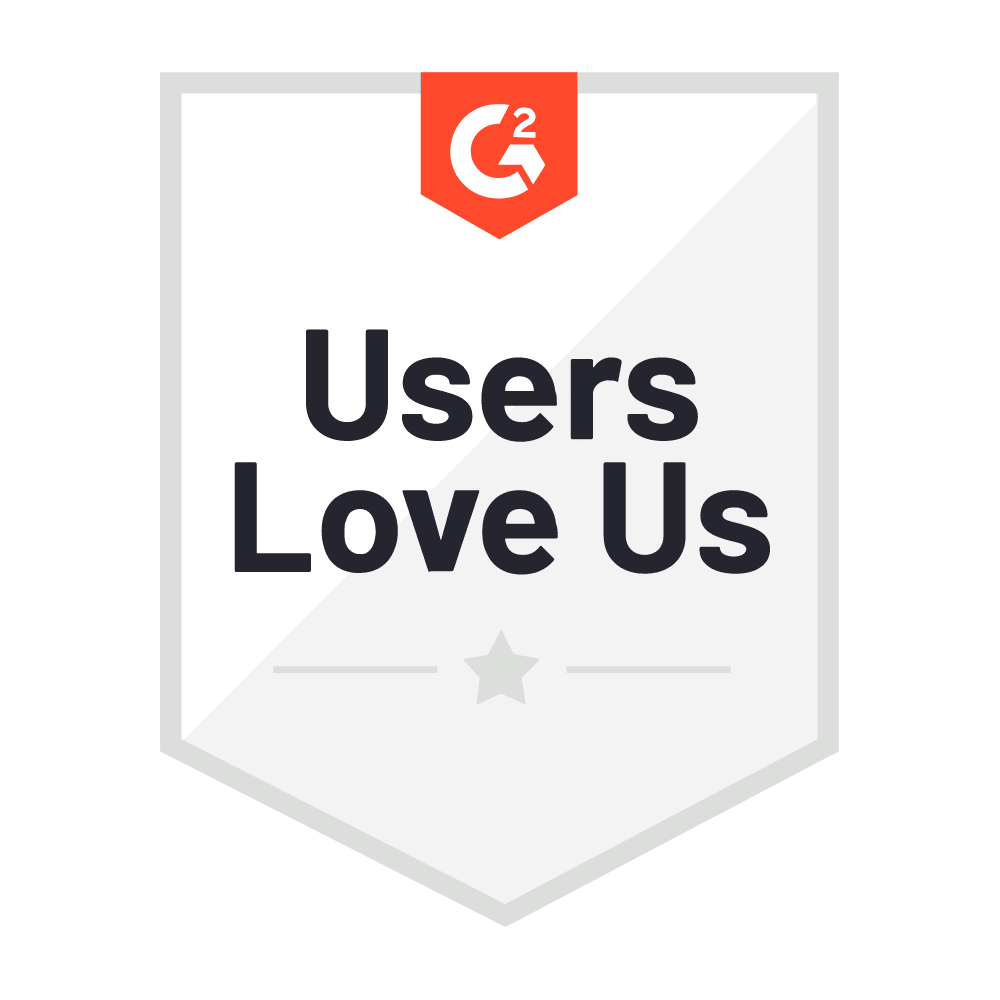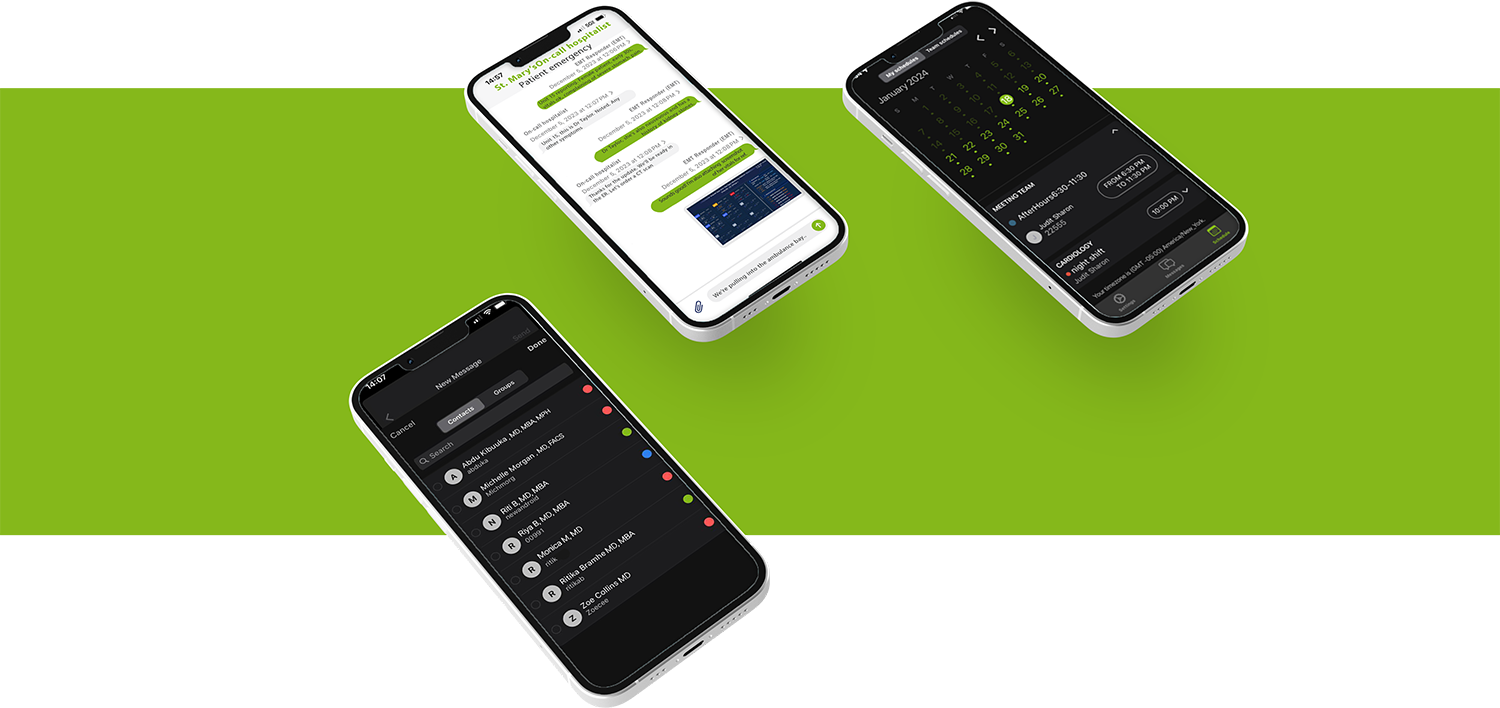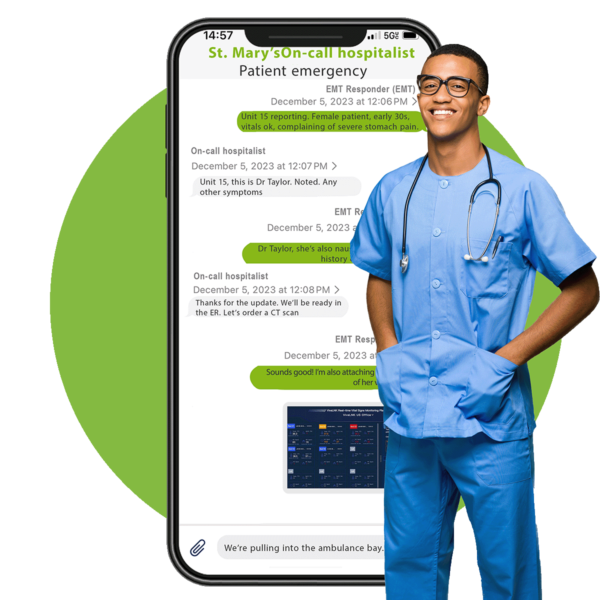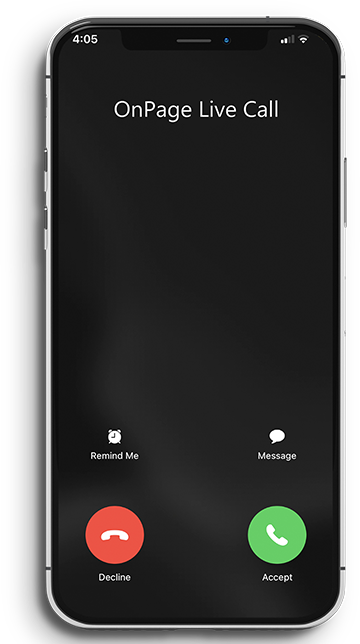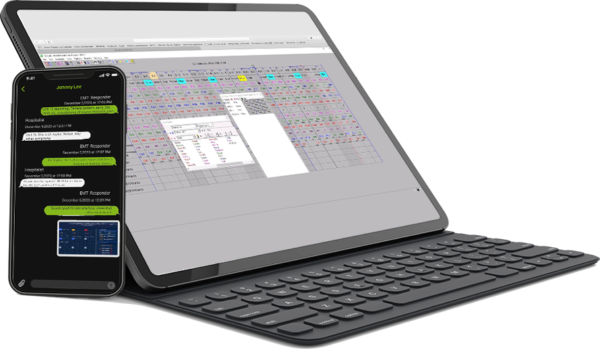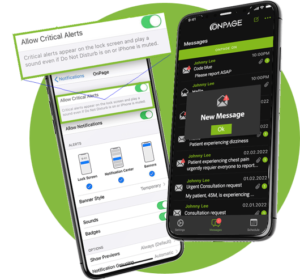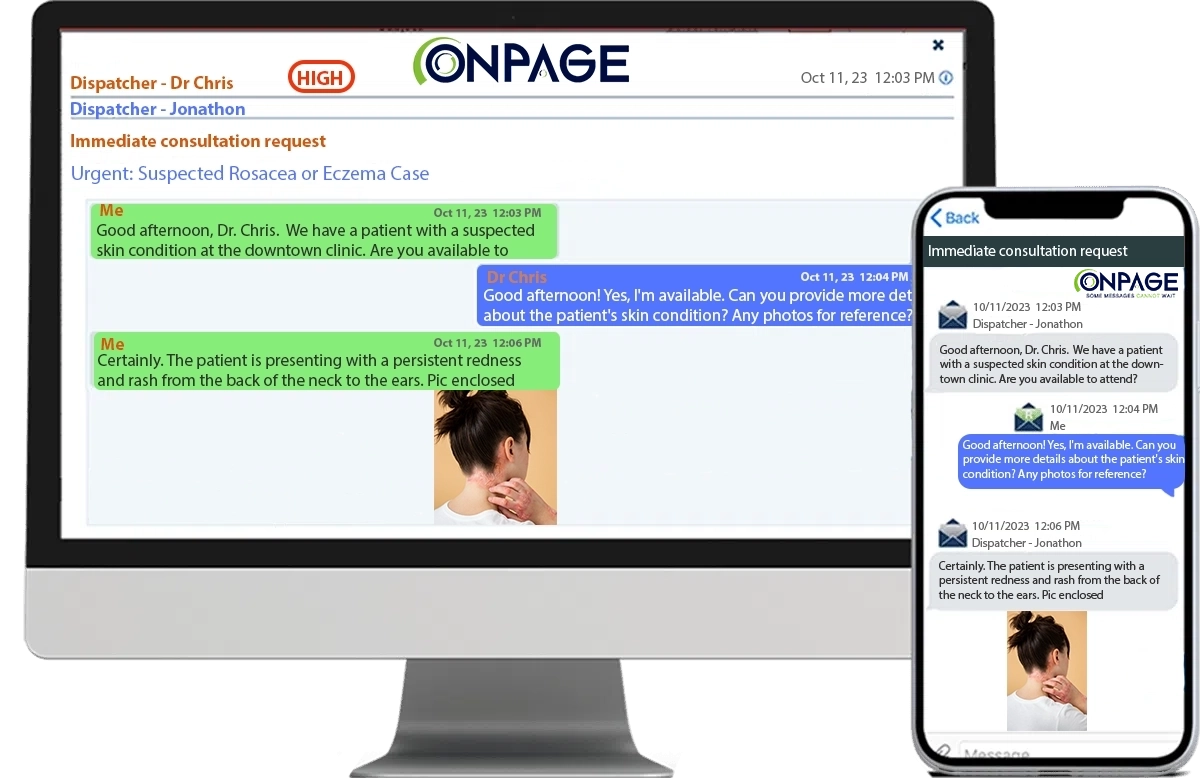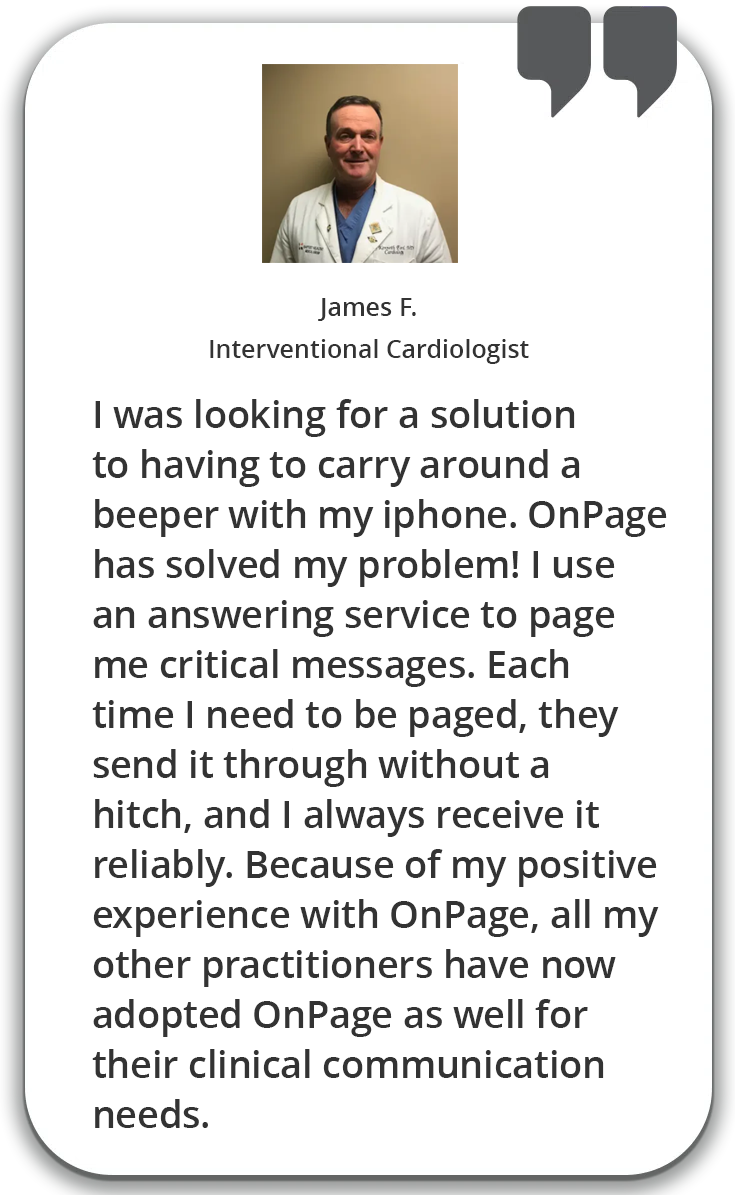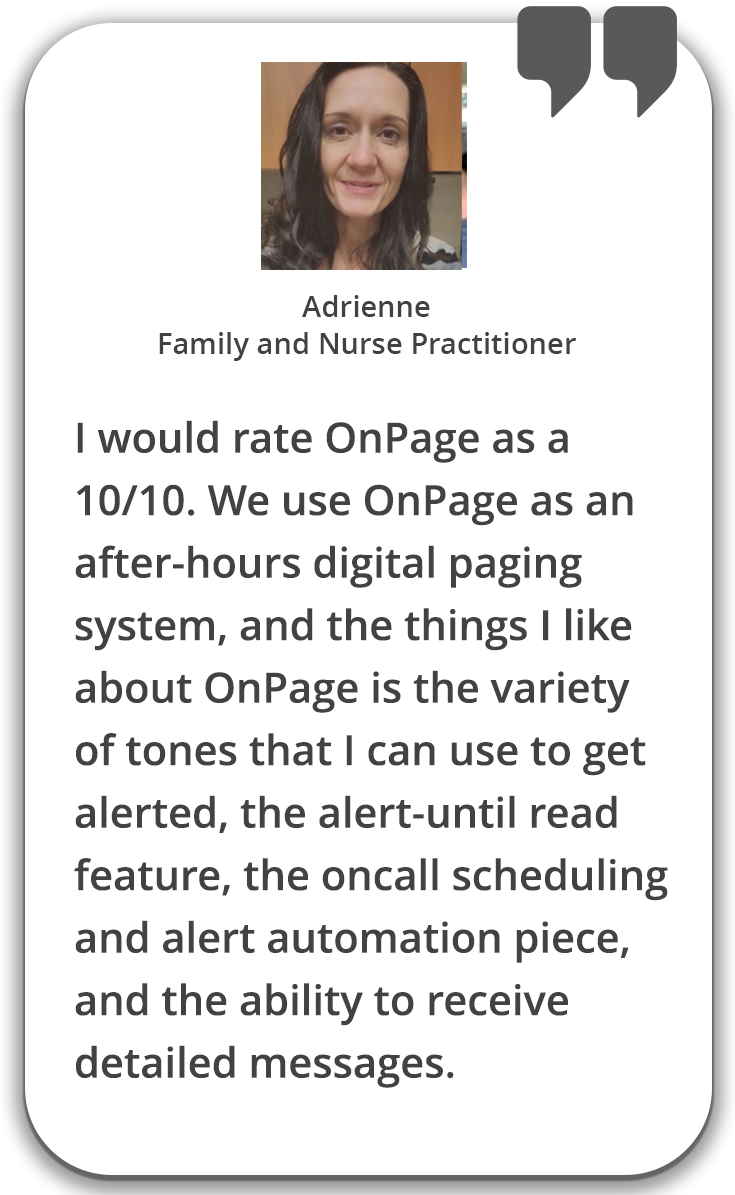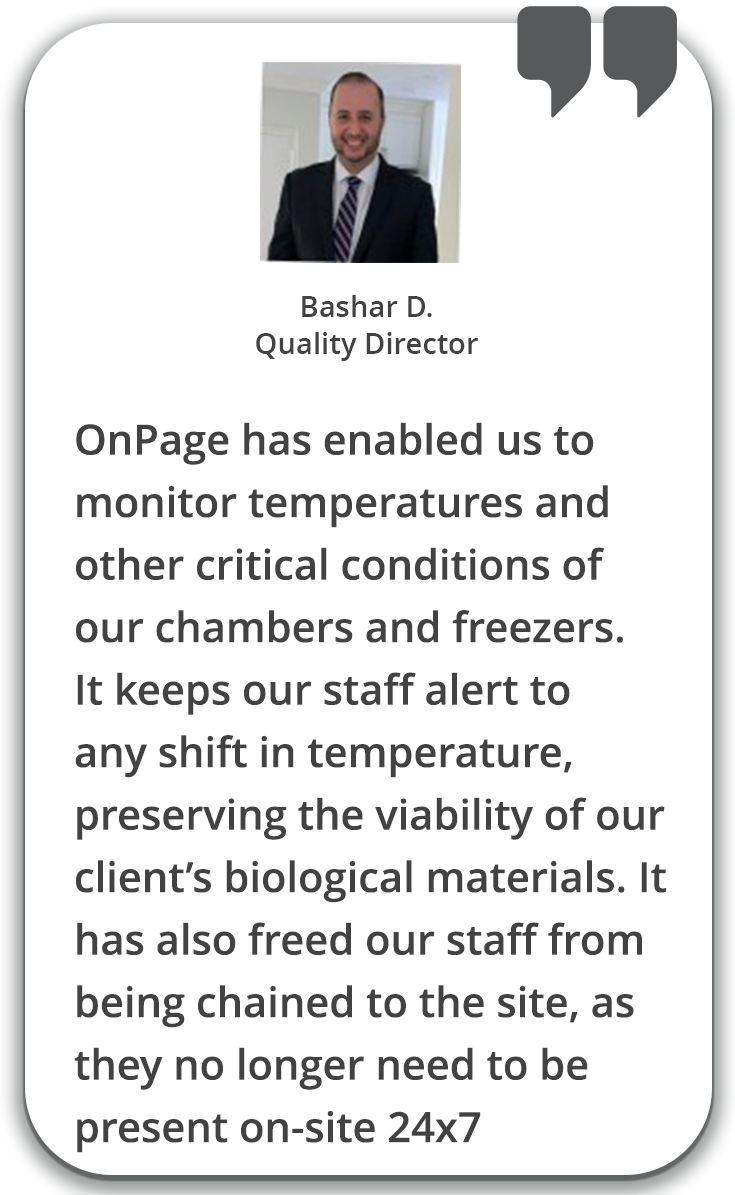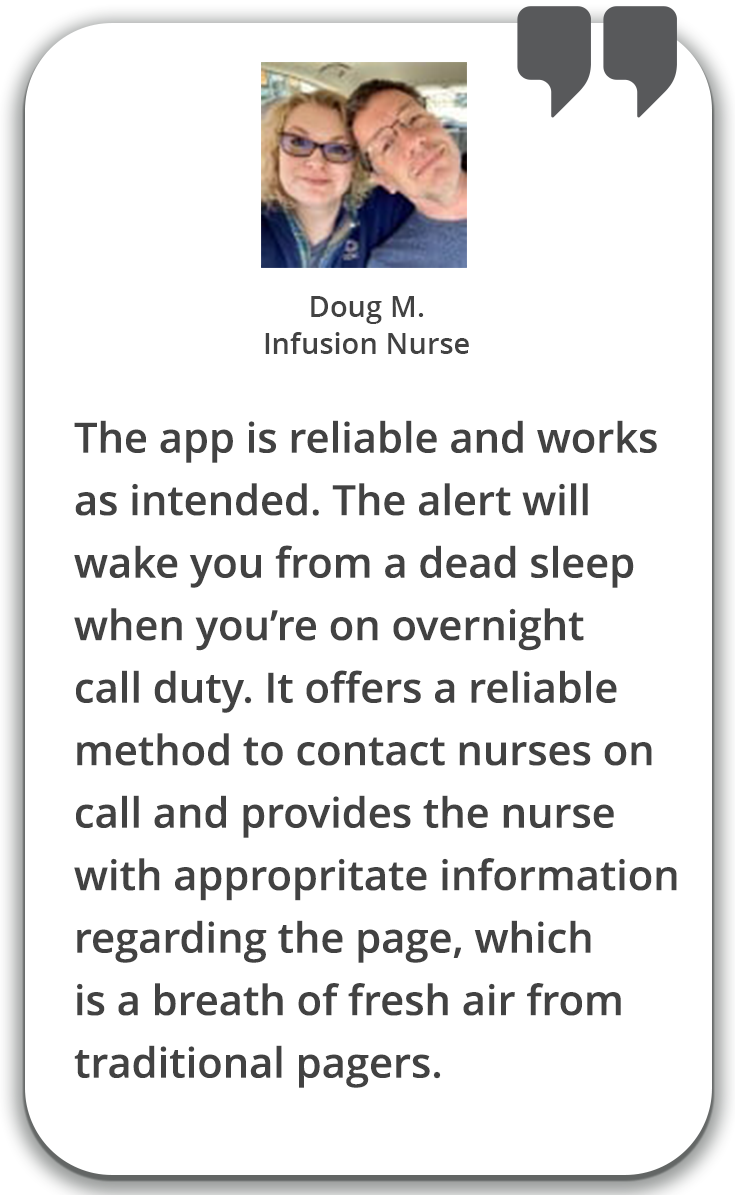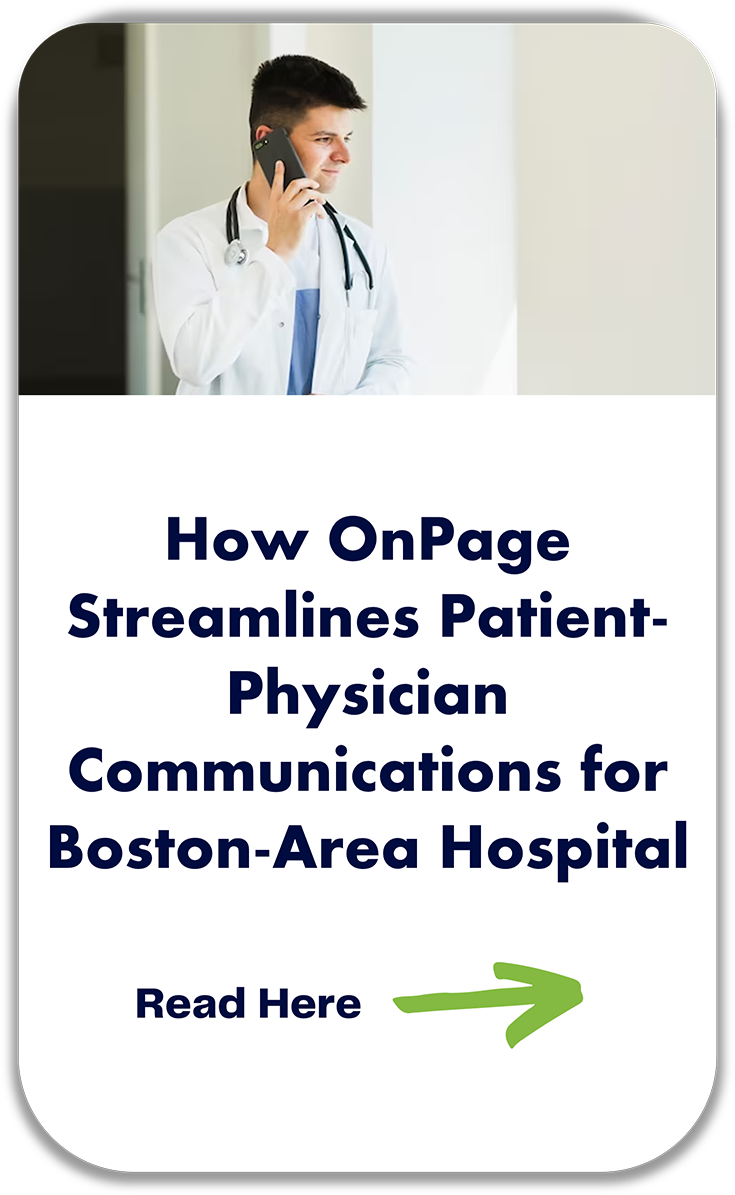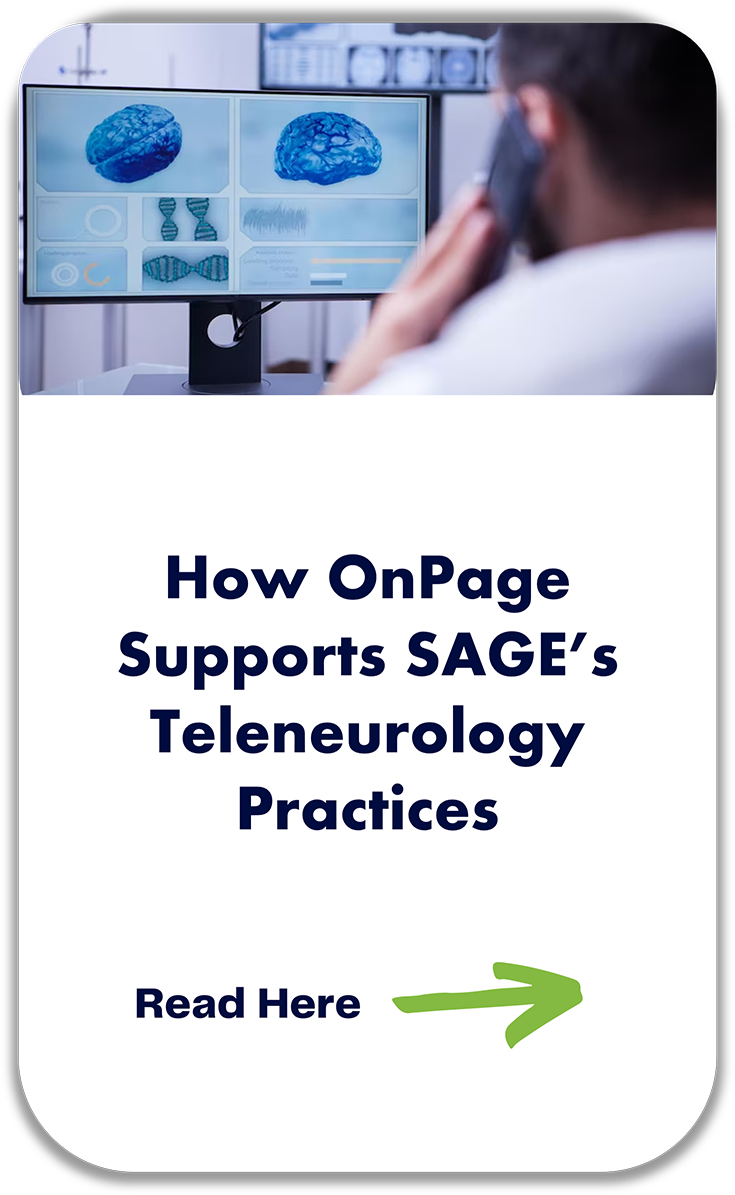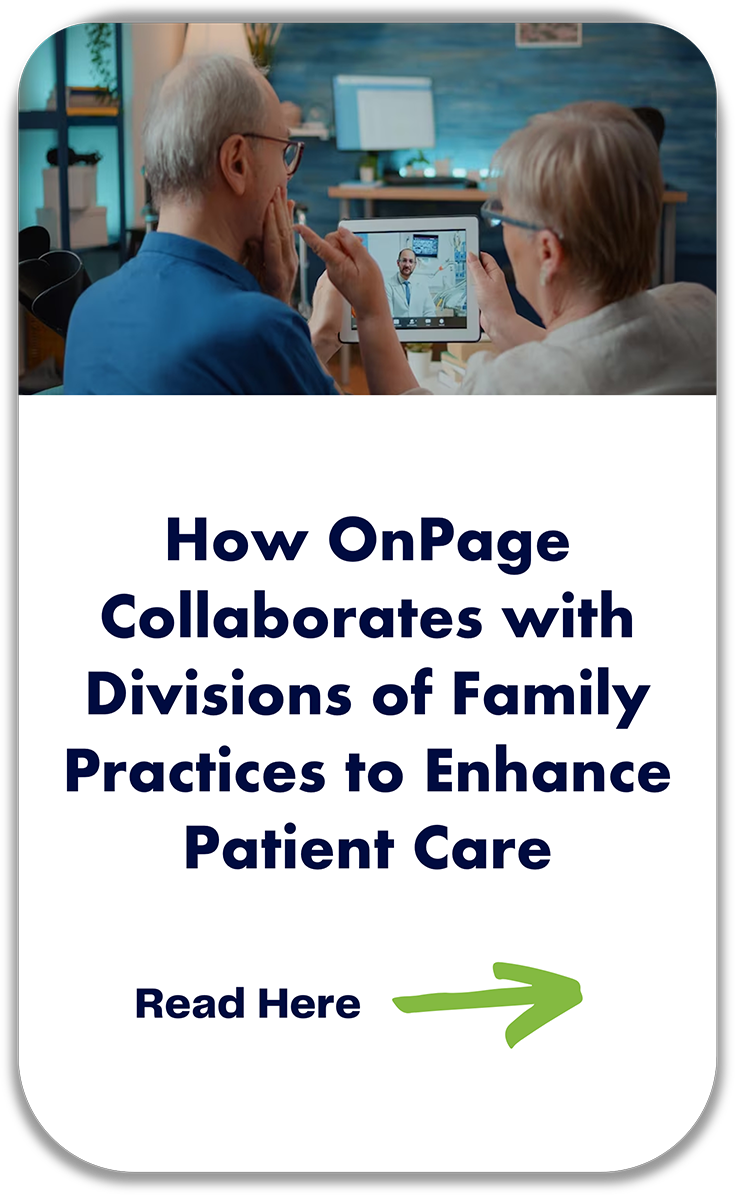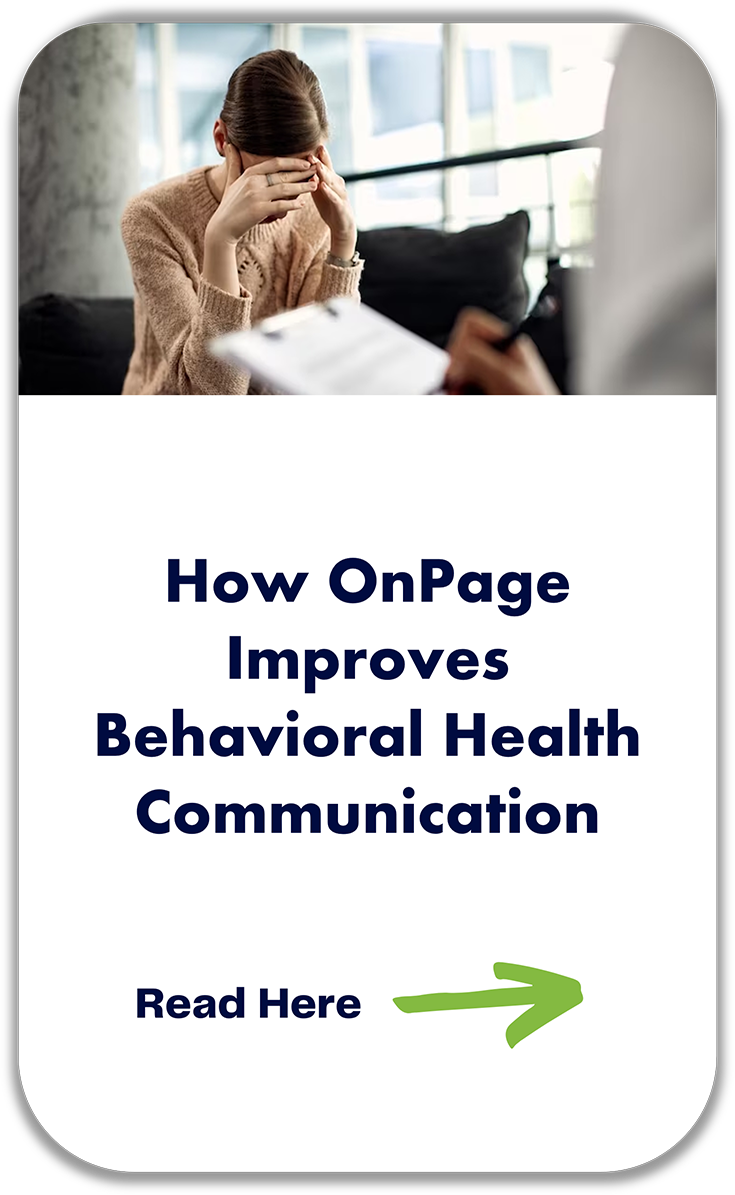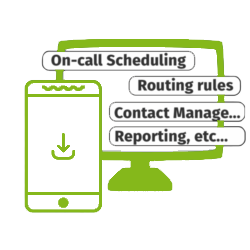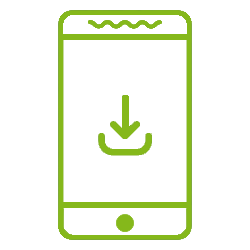What’s HIPAA-Compliant Messaging?
Background
HIPAA law focuses on privacy and consent to ensure patient confidentiality of their protected health information (PHI). Sensitive patient information must be stored in a secure manner and have the patient’s consent to be shared.
HIPAA legislation passed by the U.S. Congress requires:
- Upholding patient privacy (Health Insurance Portability and Accountability Act of 1996)
- The use and disclosure of PHI by “covered entities,” such as health insurers (2003 Privacy Rule)
- Increased scrutiny of messages containing PHI as well as increased fines for noncompliance of up to $1.5 million (2013 Final Omnibus Rule)
Failure to Meet HIPAA Regulations
HIPAA officials have cited health facilities for exchanging patient information that was neither encrypted nor password protected. When a HIPAA fine is instituted, the fine can reach several millions of dollars.
By exchanging PHI via pagers, patient information can be easily accessed by unauthorized third parties and used to defraud patients and their healthcare providers. Hefty fines will also be distributed.
Achieving HIPAA Compliance
Healthcare institutions are moving toward HIPAA-compliant messaging applications that provide secure messaging and uphold the mandates of HIPAA. The apps enhance clinical communication and collaboration to help facilities improve the patient experience.











